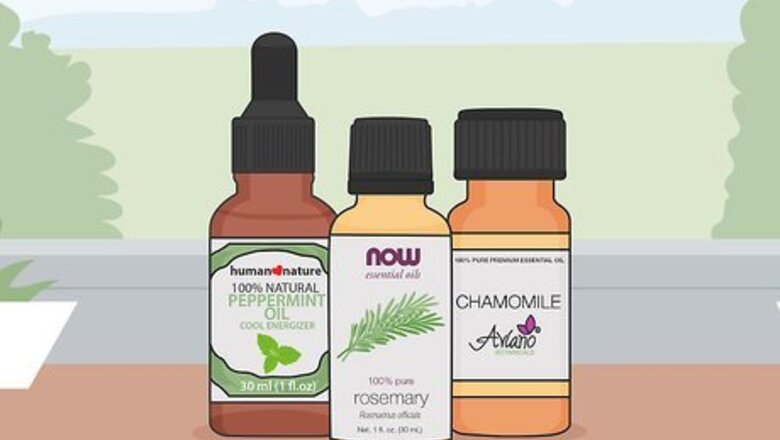
views
X
Trustworthy Source
Mayo Clinic
Educational website from one of the world's leading hospitals
Go to source
If you regularly experience indigestion, then there’s no harm in trying aromatherapy to see if it works for you. If your symptoms persist, then contact your doctor to try a different treatment.
Choosing the Right Oils
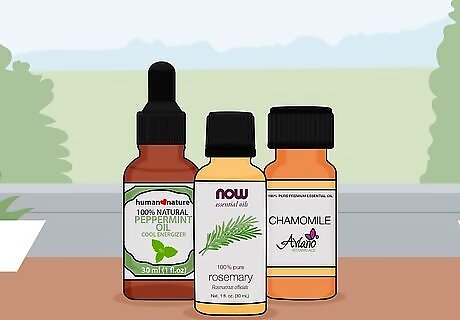
Use peppermint, rosemary, chamomile, or lavender for an upset stomach. These seem to be the most effective oils for simple indigestion, so they might work best for you. Whenever you buy essential oils, make sure the manufacturer is transparent about the ingredients and production process. This is a good way to find reputable manufacturers.
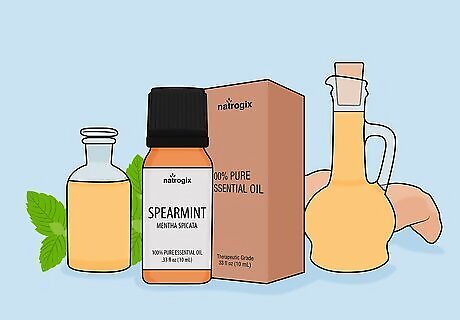
Choose ginger, spearmint, or peppermint if you feel nauseous. While other oils can help with stomach pains, these oils show some success in alleviating nausea specifically. Some hospitals even use them to help patients who have just had surgery and are feeling nauseous.

Experiment to find out which oils work best for you. While these previous oils are the most common ones used for indigestion, they aren’t the only choices. It might take some trial and error to find the right type for you, so don't be afraid to try a few different types. You could also mix a few oils together to create unique scents.
Methods of Application

Massage diluted oil onto your stomach. If the oil is undiluted, then mix it into a carrier oil like olive or jojoba. Lay back with your shirt up and pour a few drops into your hands. Massage the oil gently onto your stomach and inhale the scents. Never use undiluted essential oils on your skin. This can cause irritations. Don’t press hard on your stomach, especially if you have indigestion.

Sniff the oils directly from the bottle or a handkerchief. This is a good way to get a stronger dose and it’s how hospitals usually administer essential oils. Take small sniffs directly from the oil bottle, or pour a bit into a handkerchief to smell. If you don’t want a strong whiff, then pour some oil into a cotton ball and let it evaporate for a minute. Then sniff the fumes. Try taking small sniffs first, especially if you’re nauseous.

Diffuse essential oils to fill a room with scent. Diffusers are small devices that spray oils into the air periodically. This is a great way to fill the whole room with a pleasant scent. Add your favorite oil to the diffuser and let it run. You could also use diffuser reeds and dip them into the oil bottle. This way, you won’t need a diffuser.

Spritz essential oils into the room with a spray bottle. This works similarly to a diffuser. Fill a spray bottle with water and add a few drops of essential oil. Then spray the room whenever you need some more aroma.

Add a few drops of oil to your bath. Combine relaxing activities by adding 5 drops of oil to your bath as it fills. Then soak and inhale the aromas.
Using Oils Safely
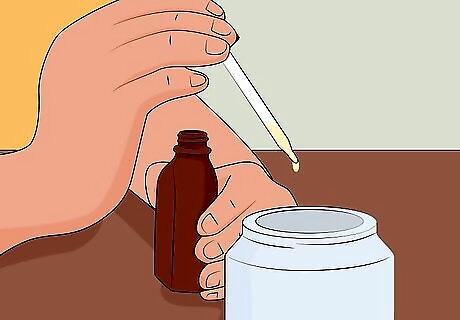
Dilute oils before putting them on your skin. Undiluted oils can cause itching and inflammation. Always use a carrier oil like olive or jojoba to mix the oil before rubbing it on your skin. Generally, oils should be diluted to about a 3% concentration for use on your skin.
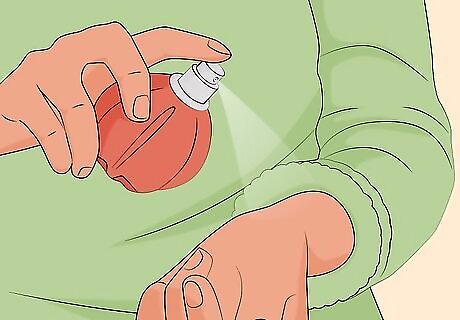
Test new oils on a small section of your skin first. Put a small dab of oil onto a tiny part of your skin and wait a few minutes. If you don’t notice any itching or redness, then this oil should be safe to use.

Stop using the oils if you notice any negative side effects. Some people are sensitive to essential oils, so monitor your condition when you first start using a new type. Stop right away if you experience itching, pain, redness, swelling, watery eyes, sneezing, or a runny nose.

Avoid swallowing any essential oils. Essential oils are not intended for internal use without the direct supervision of a doctor. Do not swallow any oils, even if they’re diluted.



















Comments
0 comment